Do you want to learn more about self-compassion? Or become a teacher yourself? The program Mindful Self-compassion, an 8-week course or a 5-days intensive, has in a few years has become popular all round the world – from the US to China, from Sweden to Australia.
I have met all the world leading persons behind the self-compassion movement. You can read my interviews by clicking on their names. Links to their web-sites you find here.
Welcome!
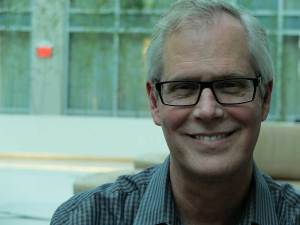
Christopher Germer, clinical psychologist, mindfulness instructor and author. When I interviewed him at a Wisdom and Compassion conference in the United States, he told me self-compassion helped him to get rid of his life-long phobia of public speaking. After having done loving-kindness meditation for some months, to be kind and loving toward oneself, the anxiety disappeared.
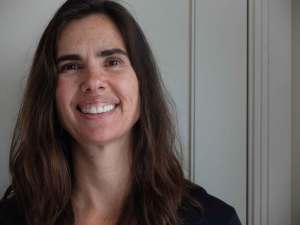
Shortly thereafter, he met Kristin Neff, professor of psychology who initiated the research that now attracts more and more scientists wanting to find out what self-compassion is doing with us and why. Together they created the program Mindful Self-compassion. Kristin Neff discovered self-compassion during a difficult time in life when she tried to feel better by boosting her self-esteem and being as achieving as usual.
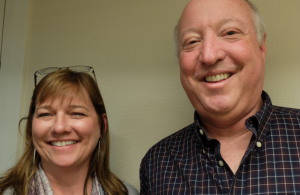
Steven Hickman, psychologist professor, and Michelle Becker, licensed psycho-therapist. Both mindfulness instructors. Together with Neff and Germer they founded the Center for Mindful Self-compassion in 2010. I met them after a 5-day intensive course in Sweden, and Michelle told me how she got aware of her hard, inner critic while meditating. “But there I got stuck. I had such difficulties in having compassion with myself.”
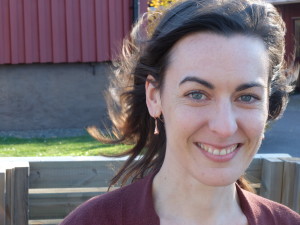
Christine Braehler, PhD and psychologist, was the first European to be trained as an MSC-teacher and has been part of Center for Mindful Self-compassion since the start. After psychology studies and dissertation in the United Kingdom, where she also studied Compassion-focused therapy and Tibetan buddhism, she has returned to her native Germany. Her road to self-compassion went through a period of empathy fatigue, when she worked at a hospice and felt over-exposed to human suffering. Buddhist loving-kindness teaching helped her to get balanced.
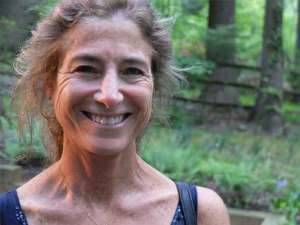
Tara Brach, PhD in psychology, psychotherapist and meditation teacher. Founder of Insight Meditation Community of Washington. After having to face an incurable, genetic disease in her connective tissue she needed to quit a lot of sports activities that she loved, and wondered: “How am I to love this life anyway?” She embraced life, wrote a book about how and developed the program radical acceptance, a way to giving oneself kindness and compassion.
